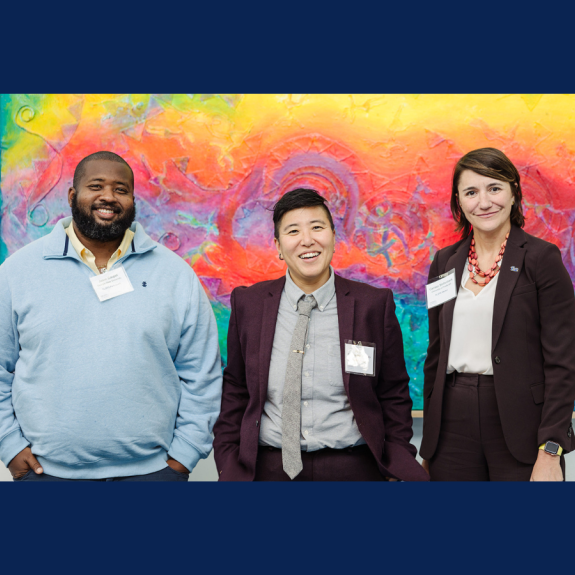Future Leaders of Schools of Public Service
Future Leaders of Schools of Public Service
The goal of the Future Leaders of Schools of Public Service initiative is to create more racially and ethnically diverse leadership in schools of public service.


What kinds of activities and resources does the FLSPS program offer for participants?
The initiative offers a range of activities for participants including:
- Four virtual workshops focused on succeeding in academic leadership roles;
- One-on-one and group networking opportunities with current or former deans and directors who are “at the ready” to serve as a professional development sounding board;
- Opportunities for participants to convene as a cohort to share experiences and connect with peers;
- Routine email communications and a dedicated LinkedIn Group to share resources and foster program engagement.
What is the role of a mentor? Who can serve as a mentor?
Program mentors are leaders of schools of public service who are committed to addressing structural racism and advancing initiative goals. Recently retired or former leaders of schools of public service are also eligible to mentor.
Mentors serve as advisors, workshop leads, and professional coaches for participants. The initiative is anchored by a network mentoring model, allowing participants to interact with a range of mentors with different backgrounds and expertise from across the nation.
Mentors are thoughtful, passionate about public service, and eager to welcome a broader range of people to the venues where leaders typically engage. Mentors will receive best practices and helpful readings to sharpen their mentorship skills.